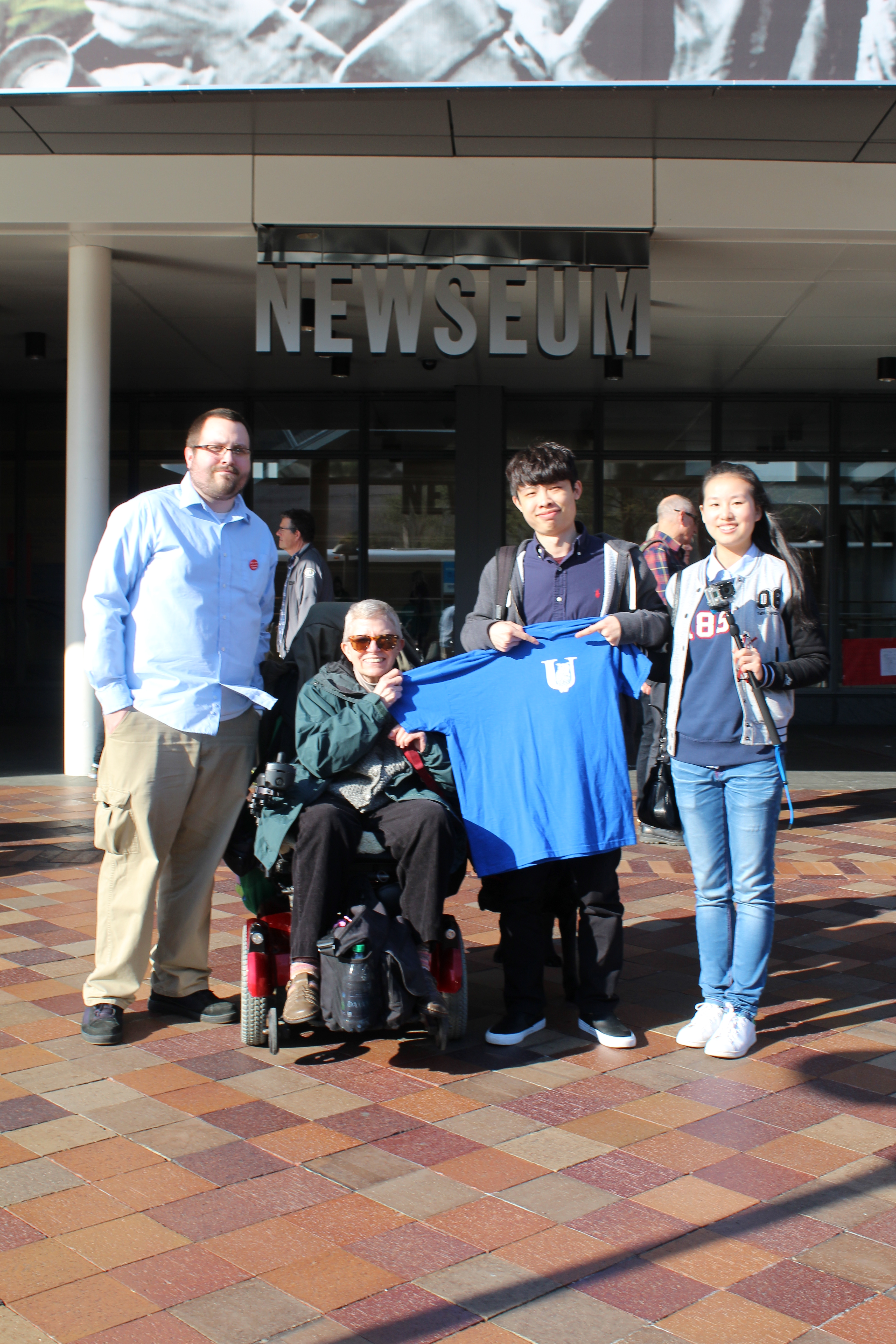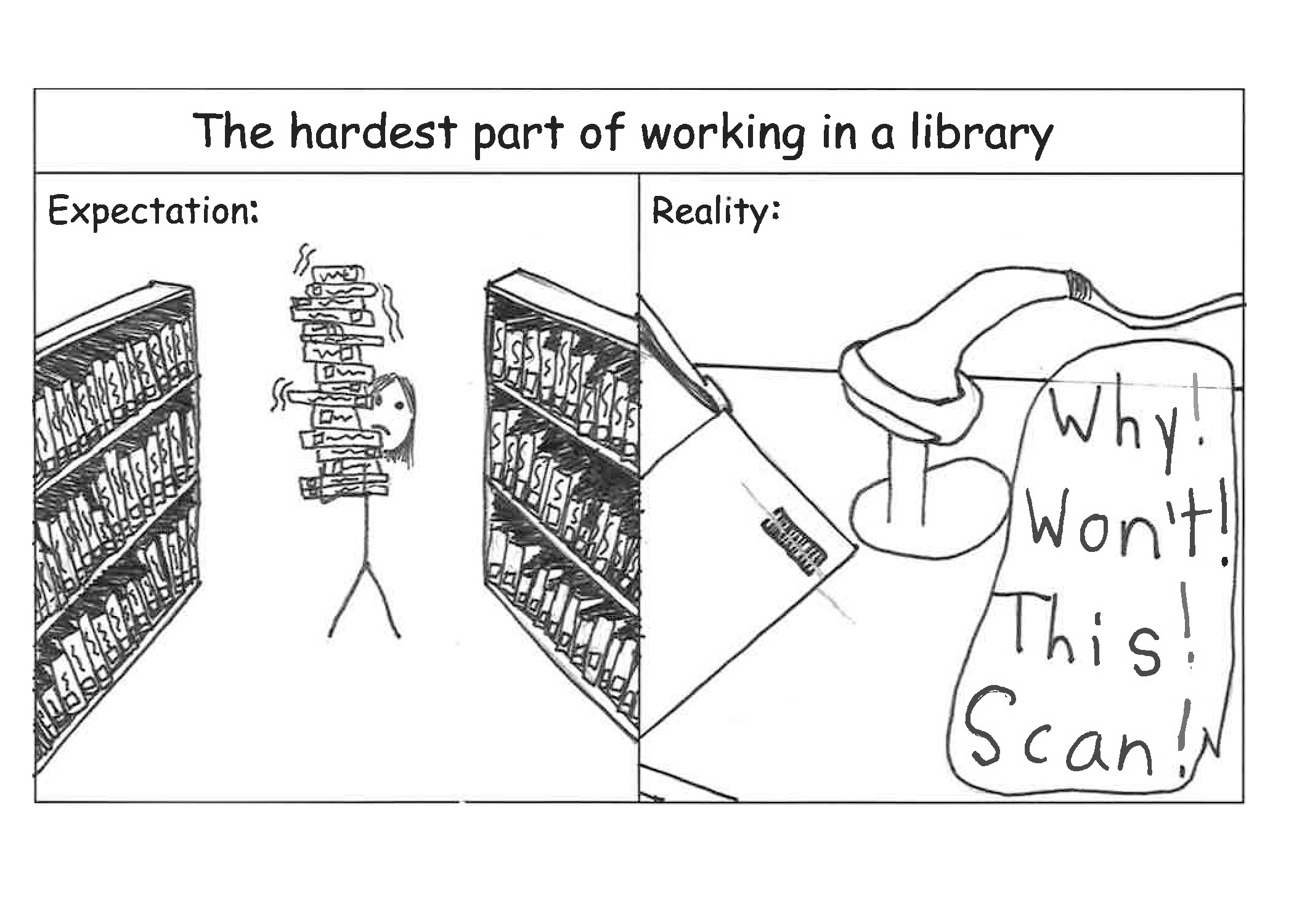As of 2020, the social media “#metoo” movement of women standing up to sexual assault, USA Gymnastics’ sex abuse scandal or the Penn State football Jerry Sandusky child sex abuse scandal may be cases we’ve heard of. But do we know or remember the child sex abuse scandal involving the Roman Catholic Church? It’s the story that was swept under the carpet but needed justice. It happened close to home: Boston.
The Boston Globe Spotlight team was assigned to investigate allegations against priest John Geoghan, accused of molesting more than 80 boys. Spotlight was an investigation team that dug to expose the truth of crimes by higher powers. “If we cover this story, everybody will hear about it,” reporter Michael Rezendes said. Compared to other pieces in the paper, the Spotlight staff needs months to investigate and publish.
The Spotlight team members saw a pattern of re-assigning Geoghan to different parishes. They then found this is a systematic cover-up of repeating the process of re-assigning abusive priests to work in other parishes. “Show me the church manipulated the system so that these guys wouldn’t have to face charges,” Boston Globe executive editor Marty Baron said. Team members then revealed the scandal that began decades ago (1930s) with step-by-step procedures by the church governance. “We need to focus on the institution, not the individual priests,” Baron said. The team uncovered 87 priests who were guilty of this misconduct, being 6 percent of Boston’s priests.
The film demonstrates the journey journalists go through when reporting sensitive subjects. Although the records in this case were supposed to be public, the Globe had to sue to gain access. “These exhibits you’re after, Mr. Rezendes, they’re very sensitive records,” Judge Volterra said. Spotlight faced people not wanting to release information and having to dig for records. The church had some of the information hidden and lawyers were not able to speak on the matter.
In the middle of the team members’ investigation, 9/11 happened. This put a stop to their work. “Look, I get it. No one wants to read about kids getting raped by priests, especially now. But you asked a lot of people to relive some very painful experiences,” a victim, Phil Saviano, said. The team members then faced challenges of completing the story, racing to publish before competing papers and being a voice for their victims.
Victims felt that the church had failed in its role to protect. They had nowhere to go after the abuse. “See, it is important to understand that this is not just physical abuse, it’s spiritual abuse, too. And when a priest does this to you, he robs you of your faith. So you reach for the bottle or the needle. Or if those don’t work, you jump off a bridge. That’s why we call ourselves survivors,” Saviano said.
The film powerfully showed the courage and struggle of the victims who came forward to relive their past. As the victims felt their power was taken from them, Spotlight gave a voice to help other victims and save others. This was many of the victims’ first time speaking about this experience to anyone. Prior to the peak of the internet, this story brought forth more victims from around the world after release.
The team then faced other challenges that became more personal. Marty Baron, who assigned Spotlight, is accused of not being sensitive to the Catholic community in Boston as a newbie to Boston and being Jewish. Head of Spotlight, Robby Robinson, felt pressure as an alum of B.C. High that had an administration that allowed pedophilia against some of his classmates. Mike Rezendes loses hope of returning to church and questions his youth of attending church. “They knew and they let it happen! It could’ve been you, it could’ve been me, it could’ve been any of us!” Rezendes said. Reporter Sacha Pfeiffer stopped attending church with her grandmother. Reporter Matt Carroll realized a priest treatment center was across the road from his home as the investigation became personal with his need to protect his own children. “I got one of those treatment centers a block from my house. We got neighbors with kids. I know that the work we do is confidential, but I’m feeling like…I should tell ’em,” Carroll said.
As journalists, the Spotlight team members faced the responsibility to publish this story despite their challenges. As they became aware, they needed to pursue the story. “I also know that there’s a story here. And I think it’s an important story,” Rezendes said. The team had a passion to bring forth the truth. The journalists even created a database document to organize their information. (This was during a time before databases were widespread.). Their tireless research uncovered a truth that many preferred to stay hidden.
Spotlight’s impact of bringing forth the truth affected Boston and then the world. The actual Spotlight team won the Pulitzer Prize for public service. Spotlight showed the power of investigative journalism that made a genuine change in the world.




